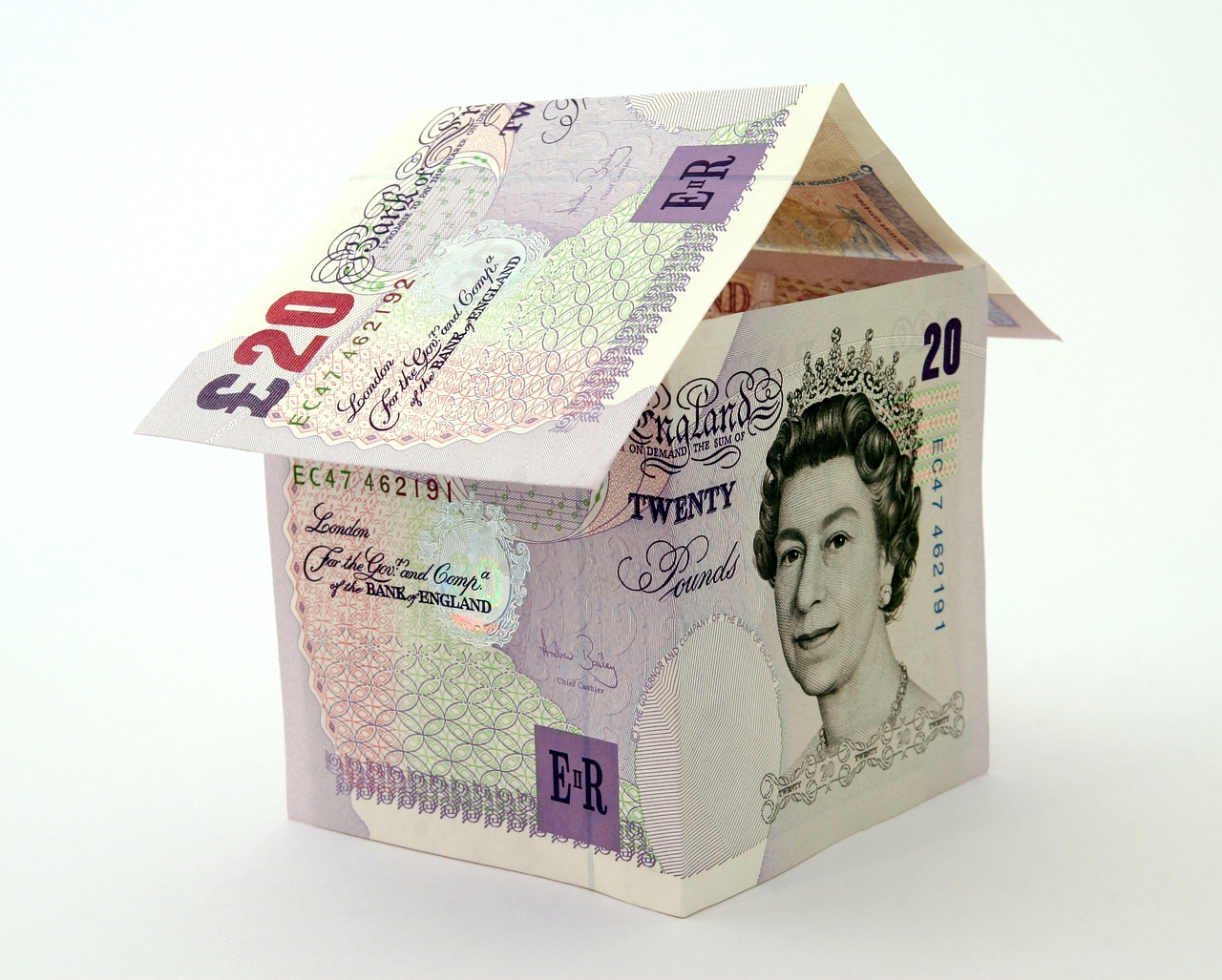Buying a house is an exciting milestone, but it's essential to be financially prepared for the journey ahead. Understanding the different costs involved can help you plan your budget effectively and avoid any surprises along the way. In this blog post, we'll explore the various expenses associated with buying a house in the UK and provide valuable insights to help you navigate the process smoothly.
1. Deposit: One of the most significant costs when purchasing a property in the UK is the deposit. Typically, lenders require a minimum deposit of 5-20% of the property's value. The larger the deposit, the better the mortgage deals you can access. For example, a 10% deposit on a £300,000 home would amount to £30,000. Saving for a deposit is a crucial step in the home buying process.
2. Mortgage Fees: Aside from the deposit, mortgage fees are another expense to consider. These include arrangement fees, booking fees, and valuation fees. Arrangement fees can range from zero to over £2,000, depending on different lenders and products. Booking fees are usually non-refundable fees to secure your mortgage deal, while valuation fees cover the cost of assessing the property's value.
3. Stamp Duty Land Tax (SDLT): SDLT, commonly known as Stamp Duty, is a tax imposed on properties in the UK. The amount payable varies based on the property's value. First-time buyers may be exempt from paying SDLT on properties up to £300,000. However, for other buyers, SDLT rates start at 2% for properties valued over £125,000 and increase incrementally. You can find more information about SDLT rates on the UK government's official website.
4. Solicitor's Fees: Engaging a solicitor or licensed conveyancer is necessary for handling the legal aspects of buying a house. Solicitors' fees can vary, but they typically range between £850 and £1,500. These fees cover services such as conducting property searches, handling contracts, and ensuring a smooth transfer of ownership.
5. Survey Costs: Before purchasing a property, it's advisable to get a survey done to identify any potential issues or structural defects. Survey costs vary depending on the level of survey required, ranging from £400 for a basic survey to over £1,000 for a comprehensive inspection. Investing in a thorough survey can save you from unexpected repair costs in the future.
Conclusion: Buying a house in the UK entails various costs beyond the property's purchase price. By being aware of these expenses and planning ahead, you can ensure a smoother home buying process. Remember to budget for the deposit, mortgage fees, SDLT, solicitor's fees, and survey costs to have a realistic estimate of the total expenditure involved.
At Westmont International, we strongly recommend consulting with mortgage advisors and legal professionals who can provide tailored guidance based on your unique circumstances. Being well-informed and financially prepared will help you make confident decisions and embark on your homeownership journey with peace of mind. Disclaimer: The above information is for general guidance only and should not be construed as financial or legal advice.
Please consult with a professional advisor for personalized assistance. For more detailed information and resources, refer to the following websites:
- UK Government - Stamp Duty Land Tax
- Money Advice Service - Buying a Home
- Royal Institution of Chartered Surveyors (RICS)
- The Law Society - Find a Solicitor
Remember, always consult with professionals in the field to acquire accurate and up-to-date information.

